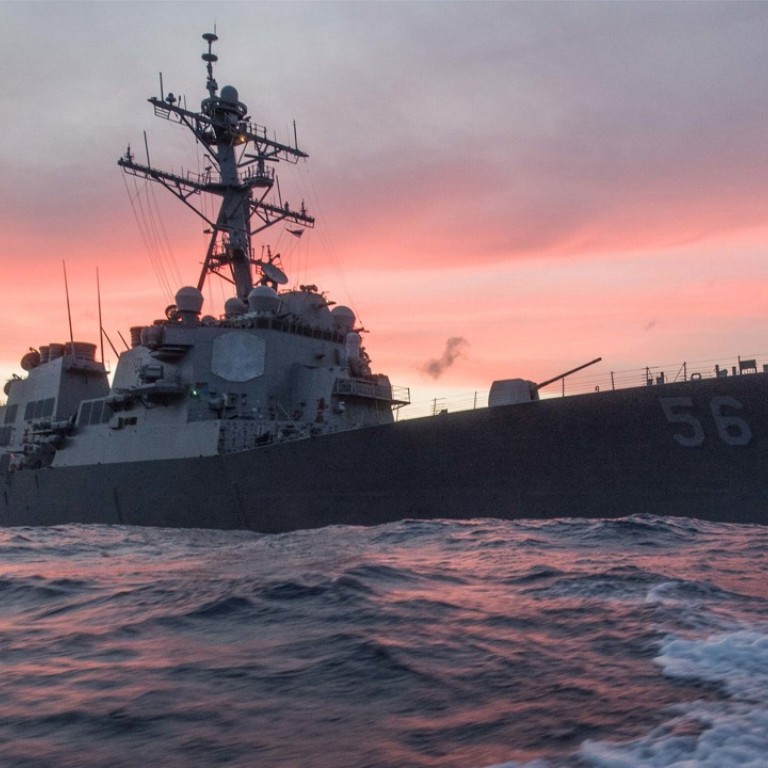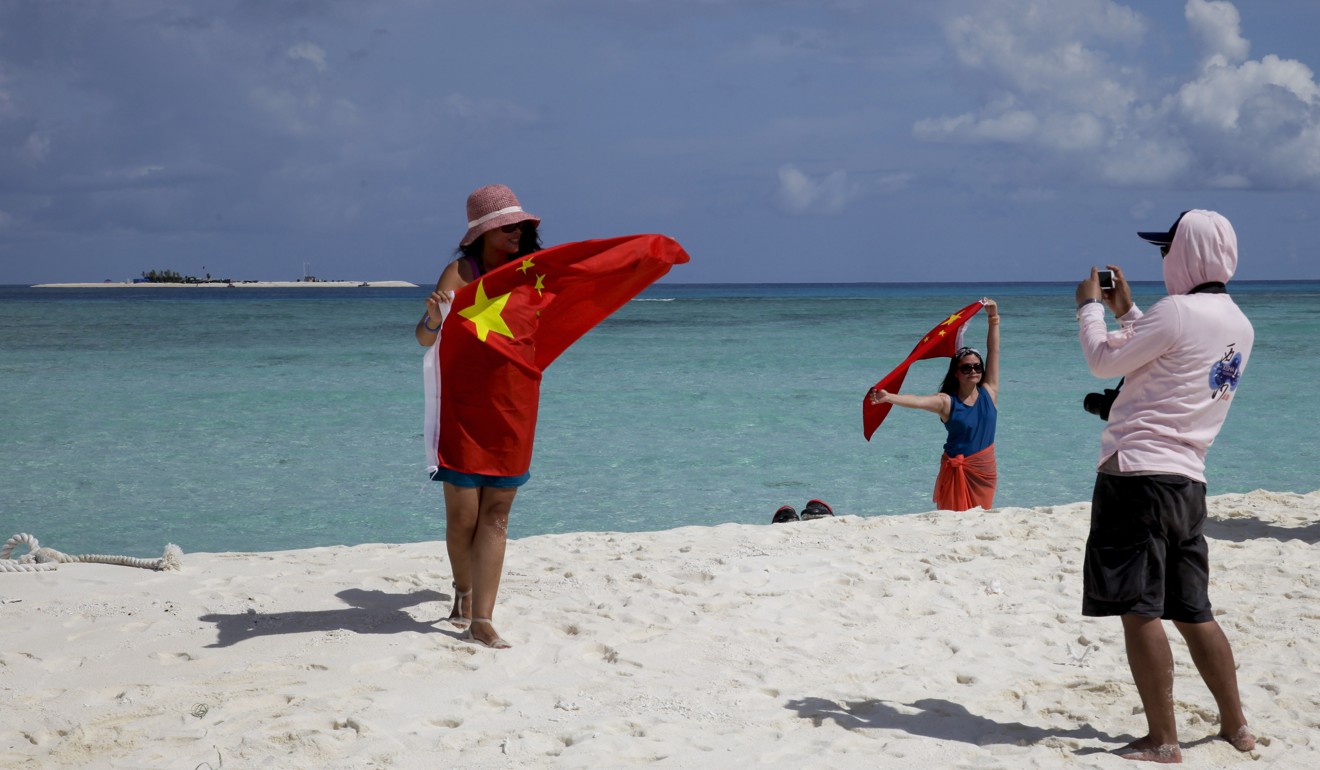
Distrust is fuelling instability in Asia, think tank reports – can a stronger Asean help mend ties?
South China Sea a particular hotspot, with rising distrust fuelling territorial disputes and historical rivalries, study says
A lack of mutual trust and the absence of strong institutions in Asia has contributed to growing instability in the region, according to a report released by a prominent think tank.
The report released on Monday by the Asia Society Policy Institute called for efforts to strengthen existing regional bodies such as Asean to help increase communication and prevent crises as the region becomes increasingly vulnerable to growing frictions.
The report was drafted with the help of several former political leaders and diplomats, including former Australian prime minister Kevin Rudd; Thomas Donilon, a former national security adviser to Barack Obama; and Wang Jisi, a specialist in US-China relations at Peking University.
Historical animosities and territorial disputes were among the major factors contributing to the instability and risk of conflicts in the region, the report said.
The situation was worsened by widespread militarisation and the acquisition of new military technologies, the report added.
“In the absence of greater transparency, technological advancements are deepening mistrust between regional neighbours and leading nations to skew their own investments in an effort to hedge against other countries’ perceived advantages,” the report said.

China, which has defied an international tribunal ruling last year rejecting its extensive territorial claims in the South China Sea, has been accelerating construction of artificial islands and military outposts in the strategic waters.
The report said the Asia-Pacific region was increasingly subject to growing friction between the major powers.
To mitigate the risk, regional bodies should be strengthened and the countries involved should be “getting serious” about risk management and dispute resolution, it said.
“One of the greatest threats in a rapidly militarising region such as the Asia-Pacific is the risk of inadvertent crisis and/or military escalation,” the report said.
“Regional security institutions can play an important function in avoiding such outcomes by developing practical mechanisms to prevent crises and disputes and provide policy ‘off ramps’ when they do occur.”
To strengthen and improve the role of the Association of Southeast Asian Nations (Asean), the report suggested the bloc engage more with its partners, which include the US, China, India, South Korea, Japan and Australia.
“As Asean engages in internal deliberations about its future vision and role in the region, external partners should encourage and help facilitate further strengthening of Asean,” it said.

